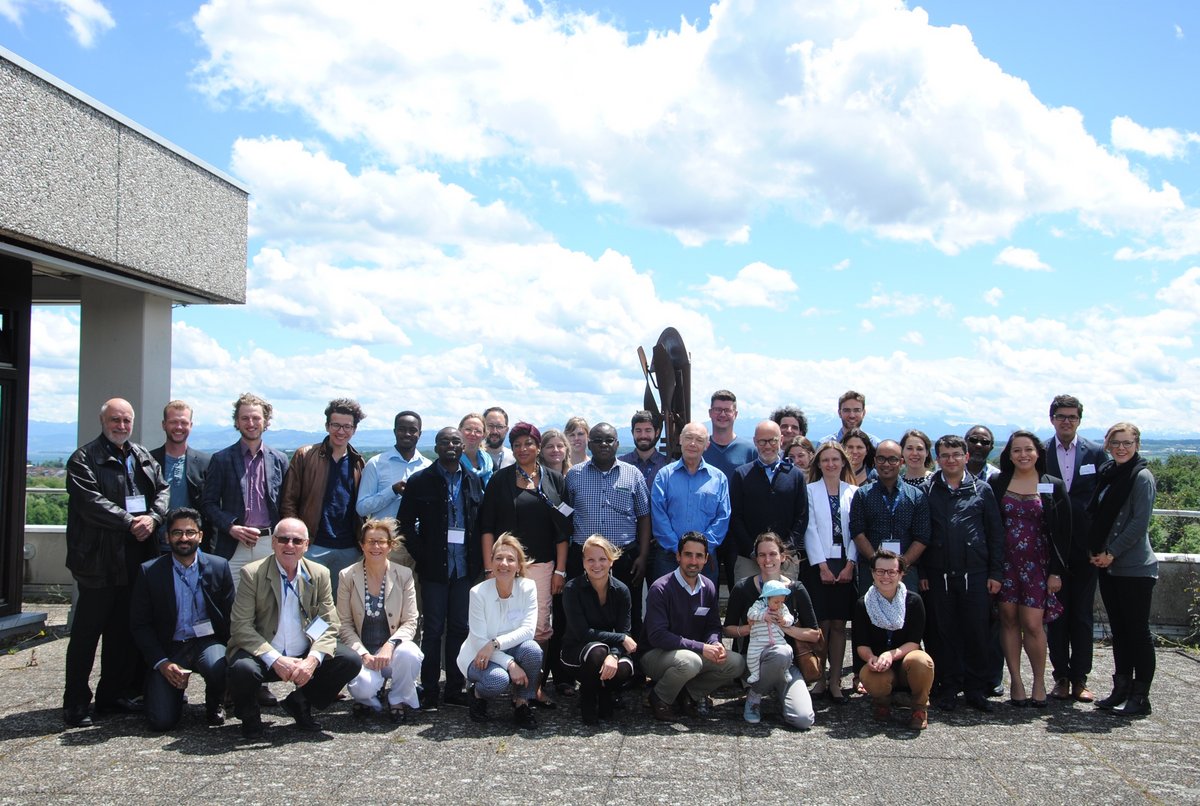
Traditional Governance and Indigenous People
International Workshop at the University of Konstanz, Germany
June 15 - 17, 2016
In many states, ethnic groups and indigenous communities organize collective decision-making, service provision and jurisdiction according to traditional rules of governance. Traditional governance entails, for example, the selection of chiefs and elders, or rules and procedures for decision-making, customary law and dispute settlement, land allocation, marriage, and inheritance. These contemporary traditional forms of governance co-exist with political actors, as well as the institutions and laws of the state. There is great regional variation, however: while large shares of the population recognize and apply traditional forms of governance in sub-Saharan Africa, South Asia or Latin America, traditional or indigenous governance is practiced by minorities in North America or Australia.
In the workshop, we explored ongoing empirical research on contemporary traditional governance, indigenous institutions, and related political and socio-economic consequences. Participants had the opportunity to discuss their work extensively in a small group of about 35 colleagues.
